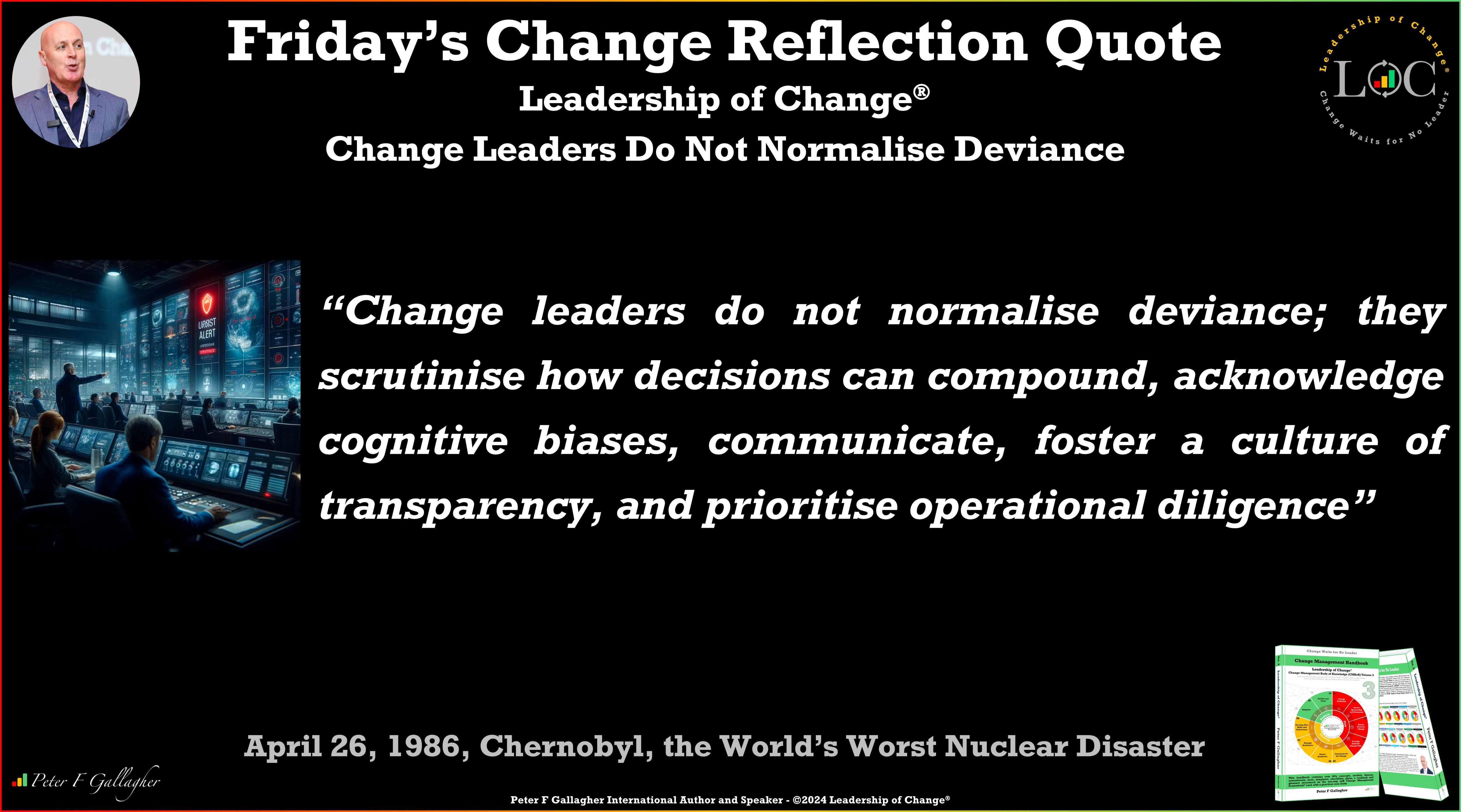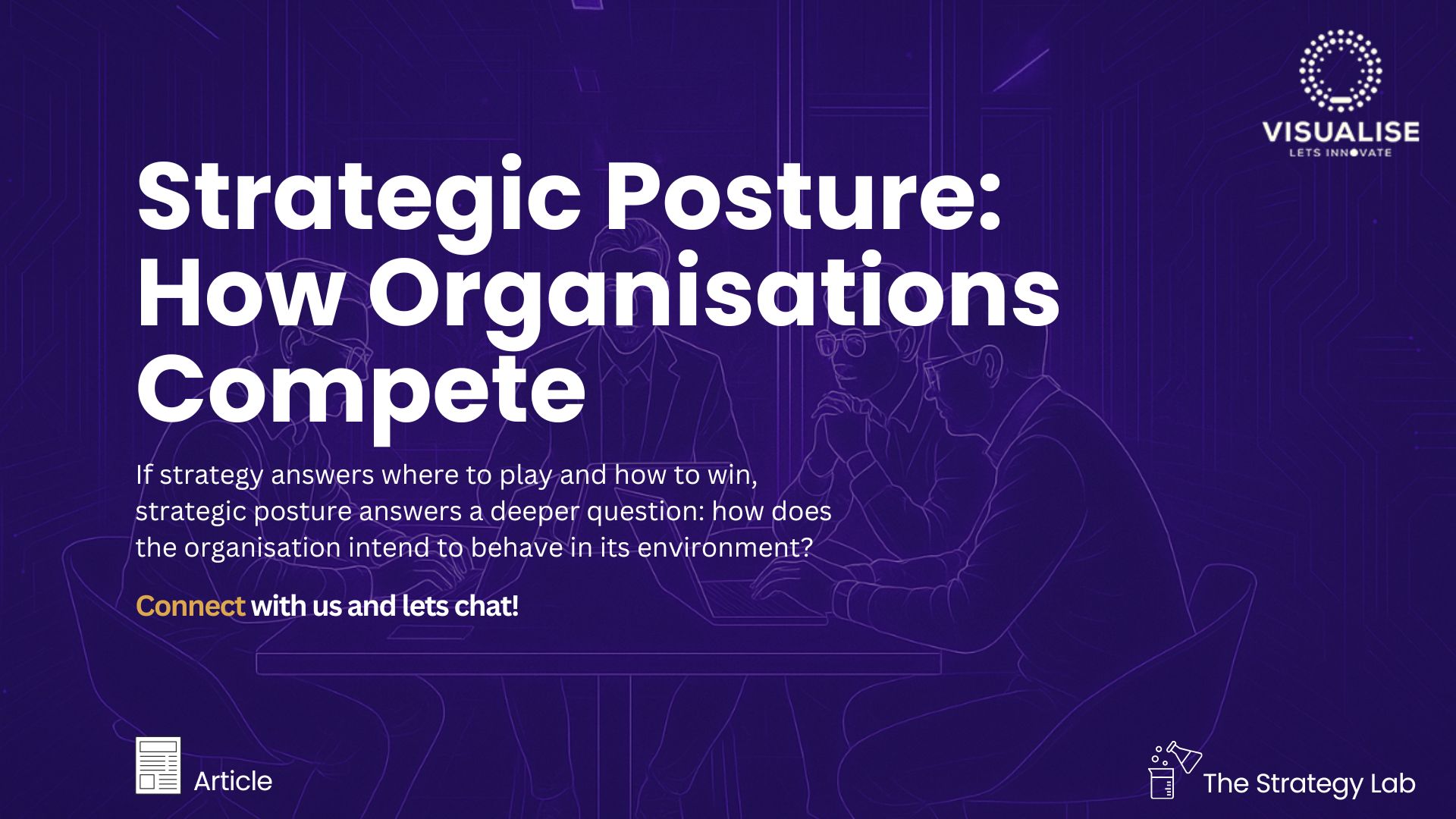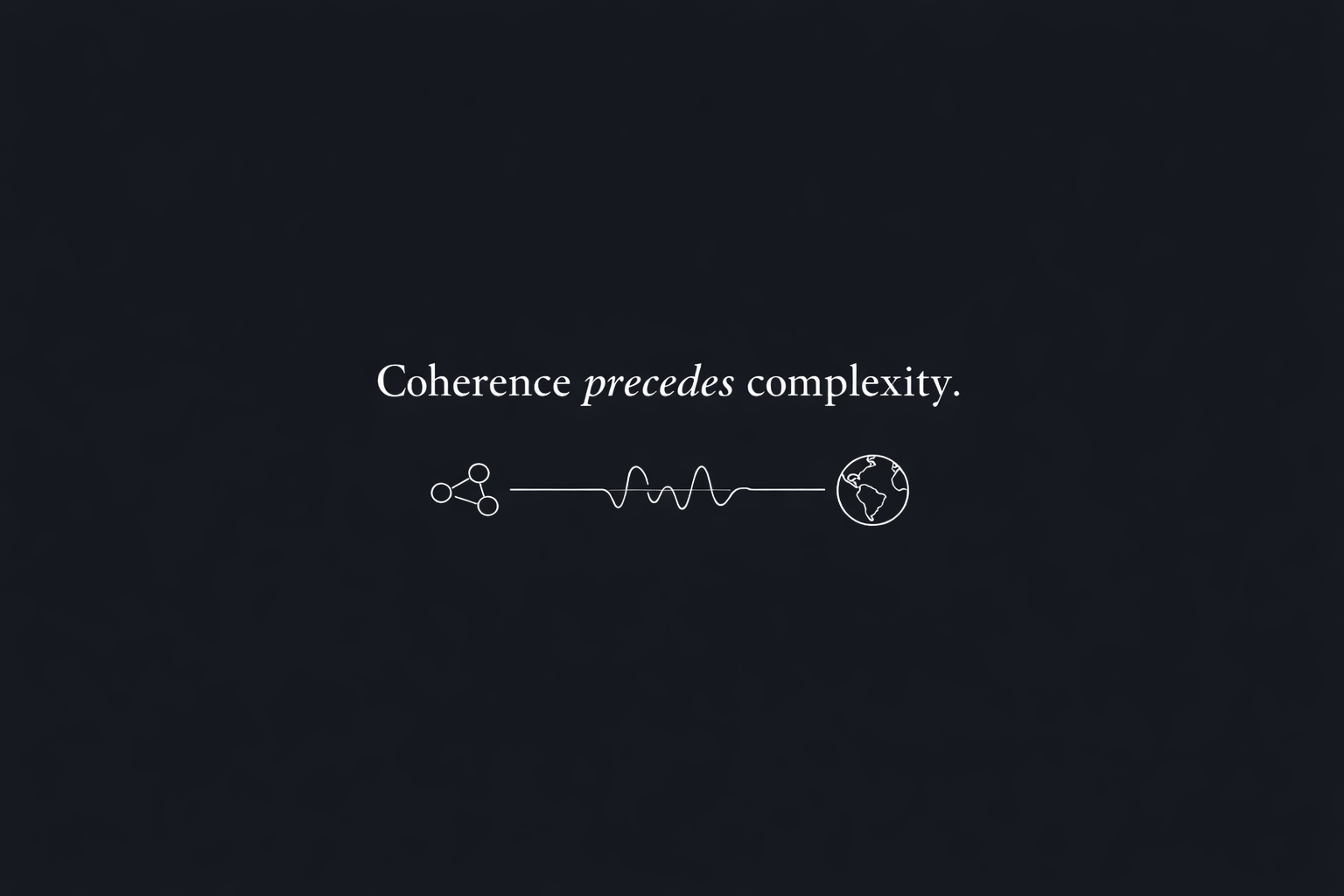Apr26

1986, Chernobyl, the World’s Worst Nuclear Disaster.
Happy Friday!
On this day, April 26, 1986, the world’s worst nuclear accident occurred at the Chernobyl Nuclear Power Plant in the Ukrainian Soviet Socialist Republic (now Ukraine). At An ill-conceived safety test triggered explosions and fires that spewed enormous amounts of radioactive particles across Europe for 10 days. The Chernobyl disaster released 400 times more radiation than the atomic bomb dropped on Hiroshima. In the aftermath, thousands perished from radiation exposure while mass evacuations displaced hundreds of thousands more from the contaminated regions surrounding the plant. After withholding information about the disaster for approximately 36 hours, Soviet officials initiated the evacuation of approximately 115,000 people from Pripyat, located in close proximity to the Chernobyl nuclear power plant, as well as nearby towns and villages. On the morning of April 28, radiation levels set off alarms at the Forsmark Nuclear Power Plant in Sweden, over 1,000 kilometres away. The Swedish government contacted the Soviet government, which initially denied a nuclear accident but later admitted to it when Sweden suggested they were about to file an official alert with the International Atomic Energy Agency (IAEA). The IAEA hosted a conference on August 25-29, 1986, at which scientists blamed the accident not just on human error and subpar safety culture, but also on Soviet reactor design flaws. Scientists have stated that due to the extensive contamination in the Chernobyl area, the exclusion zone will not be habitable for many, many years, with experts indicating a timeframe of at least 3,000 years for the area to become safe, although some consider this estimate too optimistic.
Almost eighteen days later, on May 14, Soviet leader Mikhail Gorbachev spoke publicly on state TV about the incident for the first time. He told us, “As you all know, a misfortune has befallen us. I am referring to the accident at the Chernobyl atomic power station. It has been a painful experience for Soviet people and has caused anxiety to the world at large.” Change leaders should beware of the normalisation of deviance and never allow deviations from processes and protocols to become accepted as routine norms. They should scrutinise how seemingly isolated, justifiable decisions compound into unintended systemic impacts, the “tyranny of small decisions.” Change leaders should acknowledge cognitive biases that create blind spots and distort objective judgement and build in checks to counteract their influence. They should nurture a culture of transparency that encourages surfacing harsh truths early before issues spiral into failure. Change leaders should prioritise operational diligence and adherence to proven safety guardrails over the expediency of risky shortcuts. Change Leaders Do Not Normalise Deviance.
“Change leaders do not normalise deviance; they scrutinise how decisions can compound, acknowledge cognitive biases, communicate, foster a culture of transparency, and prioritise operational diligence”
Fostering a culture of transparency and open communication is crucial for change leaders to prevent normalisation of deviance. In the current dynamic business environment In the current dynamic business environment, the implementation of new technology and artificial intelligence (AI) necessitates strong communication for successful change. Effective communication is fundamental to driving business transformation, creating awareness, and facilitating understanding of the change. Communication failures often underlie many day-to-day business challenges, and effective change communication demands delivering targeted messages to stakeholders at the right time, tailored to their perspectives, with a feedback loop. Regrettably, the leadership team and change managers frequently overlook the critical need for continuous communication with a feedback loop. Change programmes centre on the human aspect of business transformation and require a clear, focused, and repetitive communication approach intricately connected to employee and key stakeholder engagement. This involves leaders instilling a shared vision of the change. A well-defined change communication plan (CCP) should outline the distribution and reception of information by all stakeholders involved in the change programme. Effective change communication is the lifeblood of successful change, serving as the conduit for information and motivation for impacted stakeholders. Leaders must inspire a shared change vision through communication, engagement, and persuasion that resonates with the emotions and feelings of employees and the organisation to garner support.
As change leaders, we must heed the lessons from tragedies like Chernobyl and remain vigilant against the insidious normalisation of deviance. Let us commit to continuously scrutinising our processes, surfacing harsh truths, and upholding operational discipline, even when it requires difficult choices. Only by having the courage to consistently enforce standards can we deliver operations and drive successful organisational change while avoiding catastrophic failures. How can we model principled leadership when the path forward is not easy, but we know that people everywhere depend on us?
Further Reading: Change Management Handbook - Leadership of Change Volume 3
Have a fantastic weekend with the ones you love and care for, enjoy some fresh air, exercise, eat, drink and be happy.
Peter consults, speaks, and writes on the Leadership of Change®. He advises CEOs on how to prepare and align their corporate leadership teams to successfully lead their organisation's change.
For further reading please visit our websites: https://www.a2b.consulting https://www.peterfgallagher.com Amazon.com: Peter F Gallagher: Books, Biography, Blog, Audiobooks, Kindle
Leadership of Change® Body of Knowledge Volumes: Change Management Body of Knowledge (CMBoK) Books: Volumes 1, 2, 3, 4, 5, 6, 7, A, B, & C available on both Amazon and Google Play:
~ Leadership of Change® Volume 1 - Change Management Fables
~ Leadership of Change® Volume 2 - Change Management Pocket Guide
~ Leadership of Change® Volume 3 - Change Management Handbook
~ Leadership of Change® Volume 4 - Change Management Leadership
~ Leadership of Change® Volume 5 - Change Management Adoption
~ Leadership of Change® Volume 6 - Change Management Behaviour
~ Leadership of Change® Volume 7 - Change Management Sponsorship
~ Leadership of Change® Volume A - Change Management Gamification - Leadership
~ Leadership of Change® Volume B - Change Management Gamification - Adoption
Coming Summer 2024:
Keywords: Business Strategy, Change Management, Leadership
 HR Is Designed to Maintain. Succession Planning Demands It Transform.
HR Is Designed to Maintain. Succession Planning Demands It Transform. AI and Embedded Connectivity: A New Era of Smart Devices
AI and Embedded Connectivity: A New Era of Smart Devices Strategic Posture: How Organisations Compete
Strategic Posture: How Organisations Compete Coherence Before Complexity
Coherence Before Complexity The Corix Partners Friday Reading List - February 20, 2026
The Corix Partners Friday Reading List - February 20, 2026